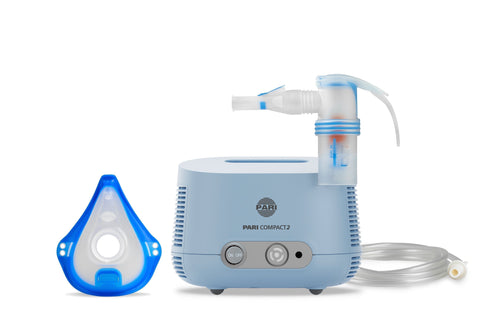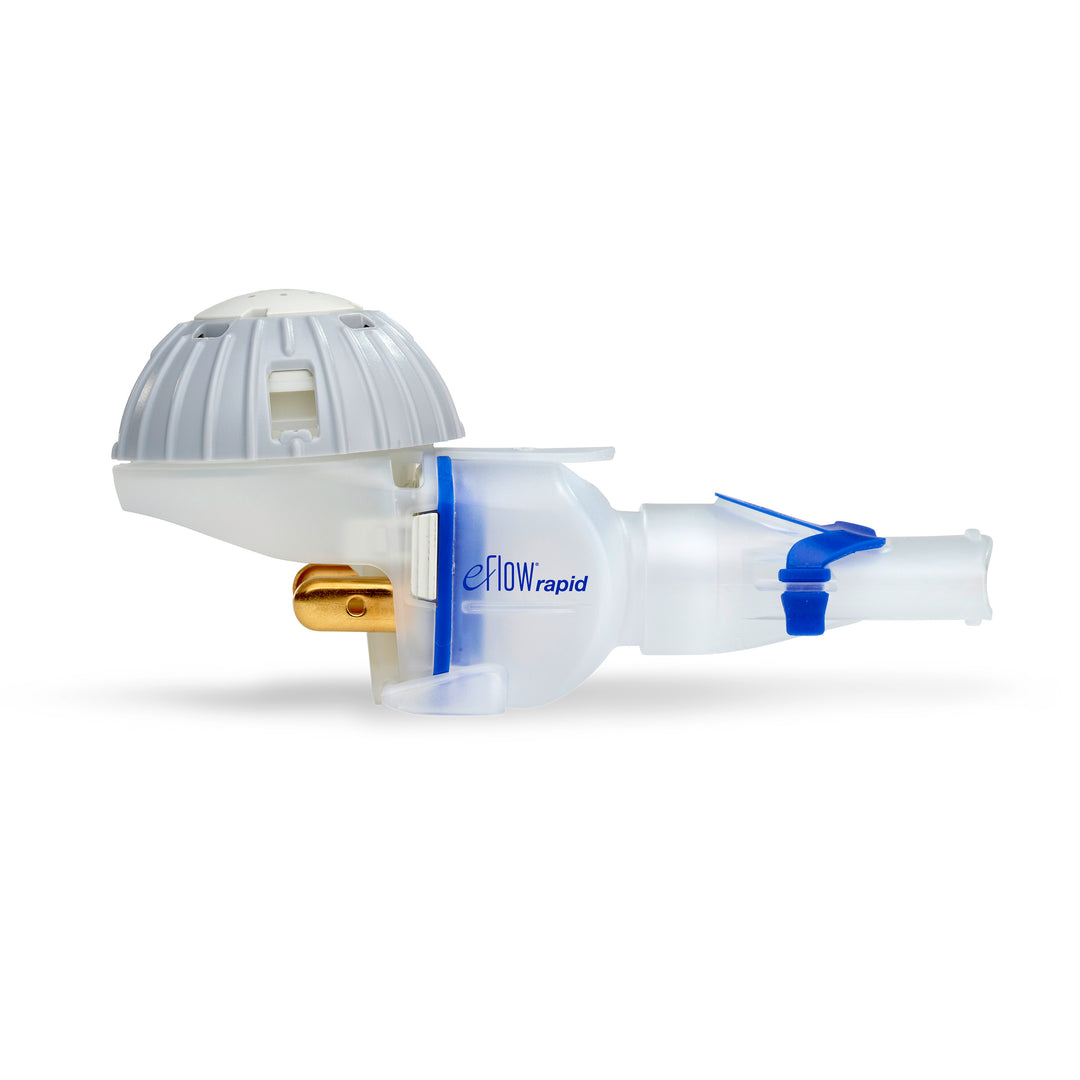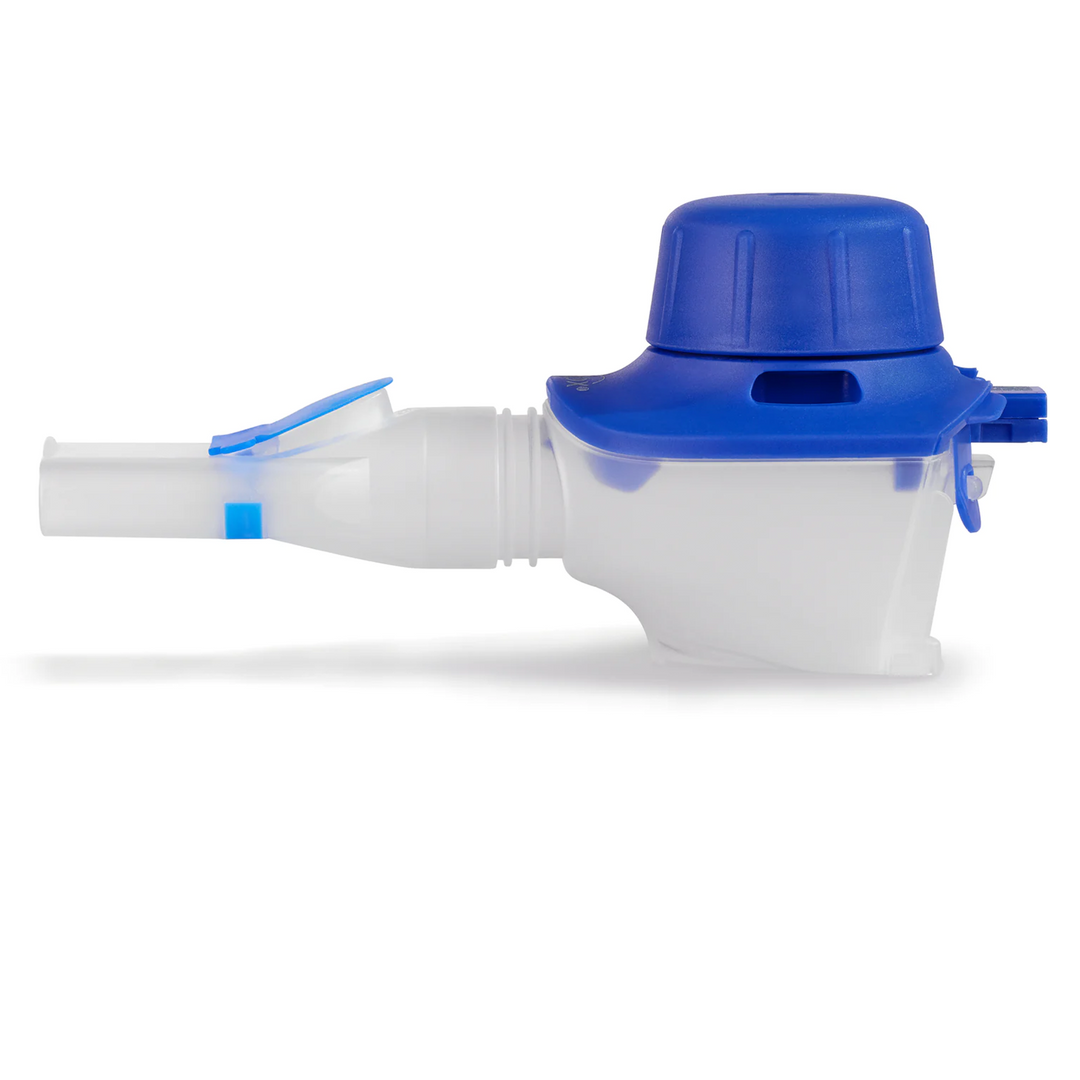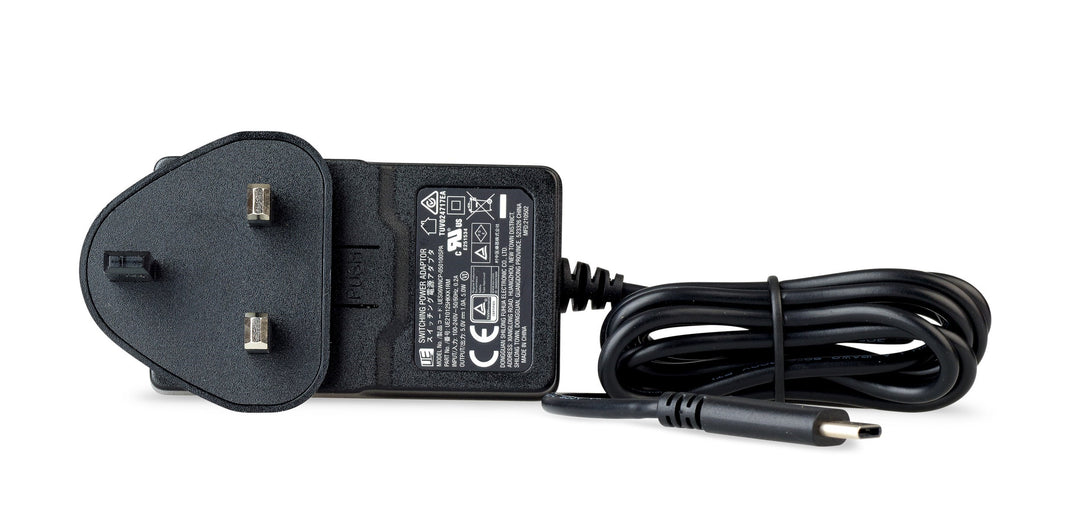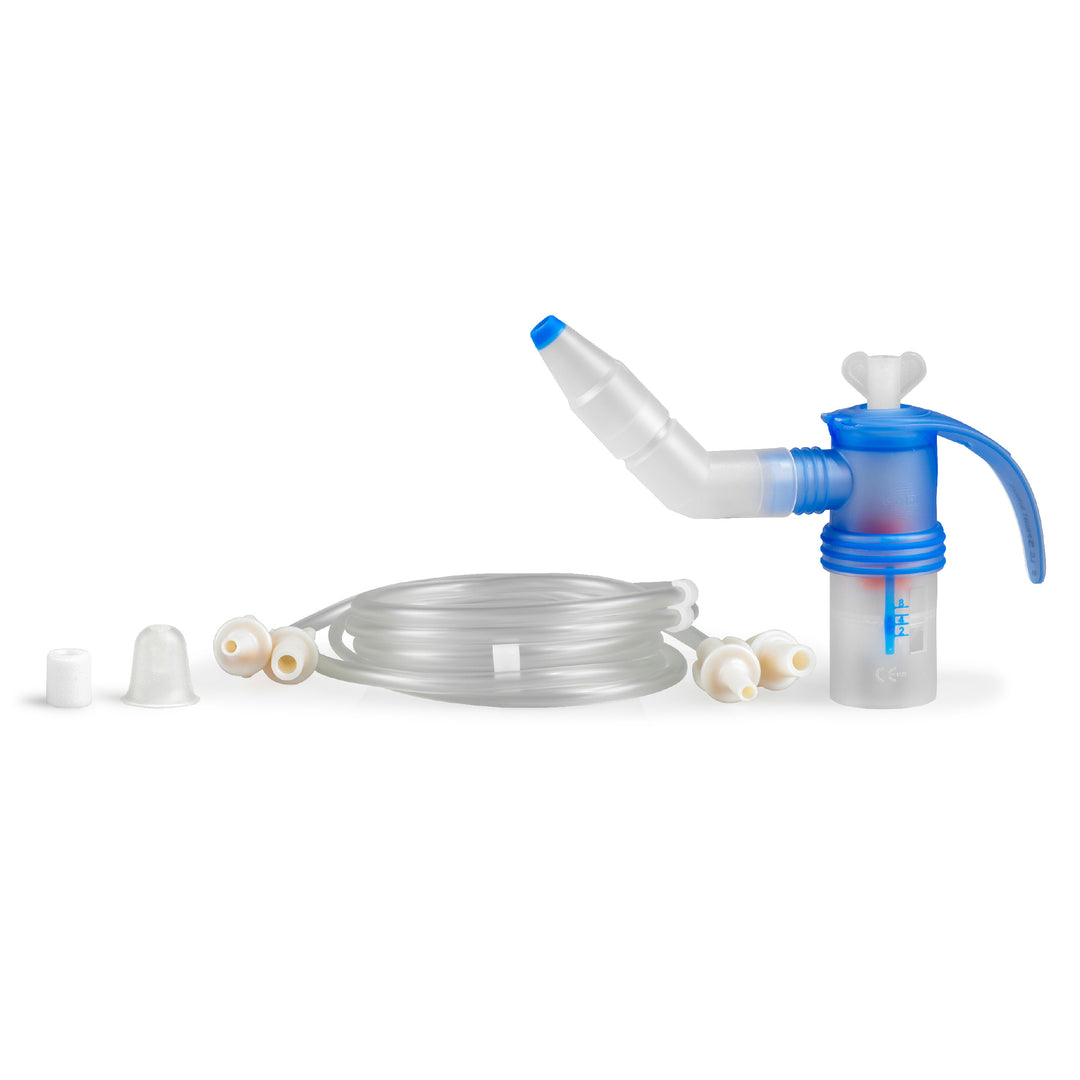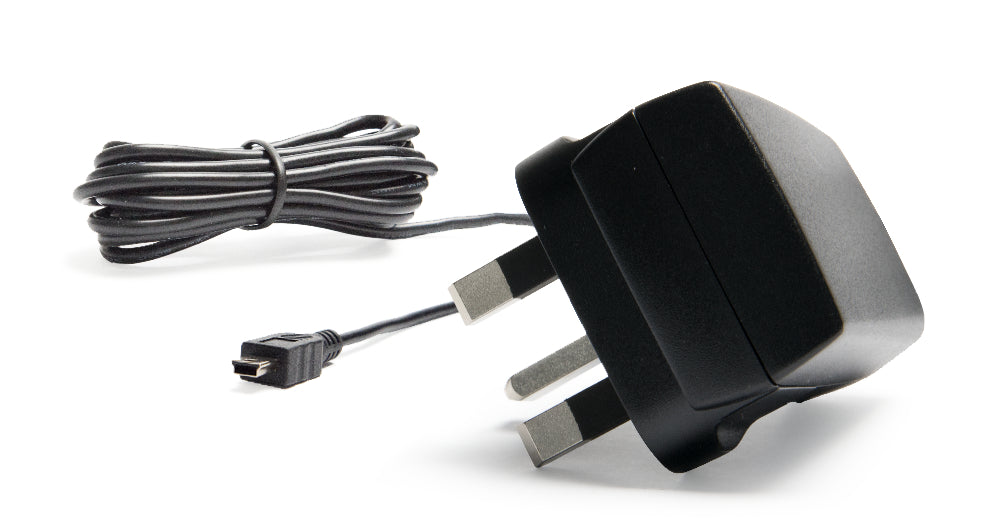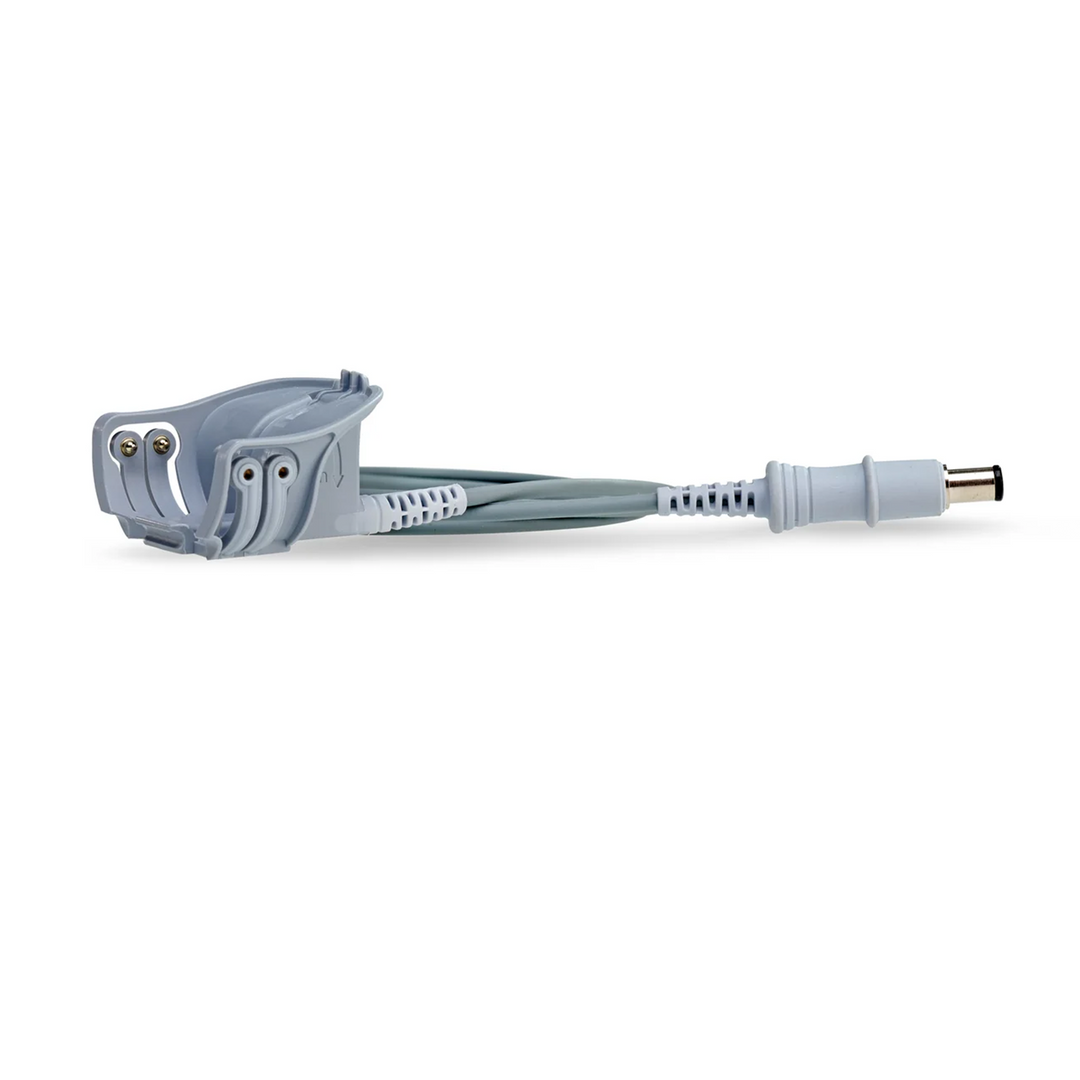
Spotlight on Asthma
Every year in May the Global Initiative for Asthma (GINA) organises World Asthma Day to raise awareness of asthma. But what exactly is asthma? In this blog we give an overview of this common lung condition.
What is Asthma?
Asthma is a chronic (long term) condition of the lungs that affects millions of people worldwide. It leads to difficulty in breathing due to various factors, including inflammation of the airways, increased mucus production, and muscle tightening around the airways (bronchospasm). These changes result in symptoms such as wheezing, coughing, chest tightness and shortness of breath.
Symptoms of Asthma
- Wheezing: A whistling or squeaky sound when breathing, particularly when breathing out.
- Coughing: Often worse at night or early morning, and can be triggered by exercise or exposure to allergens such as pollen or house dust mites.
- Shortness of breath: Difficulty in breathing, feeling like you can't catch your breath.
- Chest tightness: A feeling of pressure or discomfort in the chest.
Causes and Triggers
While the exact cause of asthma remains unknown, it's believed to result from a combination of genetic and environmental factors. Common triggers include:
- Allergens: Substances such as pollen, dust mites, pet dander and mould.
- Respiratory infections: Viral infections, such as the common cold, can trigger asthma symptoms.
- Irritants: Tobacco smoke, air pollution, strong odours and chemical fumes.
- Exercise: Physical activity can provoke asthma symptoms.
- Weather: Cold air, humidity and sudden changes in temperature can make symptoms worse.
- Emotions: Stress and strong emotions can sometimes trigger asthma attacks.
Management and Treatment:
While asthma has no cure, it can be effectively managed with proper treatment and lifestyle changes. Treatments include:
- Medications:
- Bronchodilators: Quick-relief medications that help to relax the muscles around the airways, relieving symptoms (known as ‘relievers’).
- Inhaled corticosteroids: Long-term control medications that reduce inflammation in the airways, preventing asthma attacks (known as ‘preventers’).
- Asthma Action Plan: A personalised plan created with your healthcare provider, outlining steps to manage asthma symptoms and handle flare-ups.
- Avoiding Triggers: Identifying and avoiding triggers can help reduce the frequency and severity of asthma symptoms.
- Monitoring: Regular monitoring of symptoms and lung function can help track asthma control and prompt treatment adjustments.
The Asthma + Lung UK website gives further information on treatments available.
It is very important to seek medical help quickly if you have an asthma attack that does not improve quickly.
Can you use a nebuliser to treat asthma?
Most people manage their asthma with an inhaler, but if taken to hospital for a severe asthma attack, you may be given rescue medicine through a nebuliser. This is so you can be treated quickly with high doses of medicine in an emergency.
You might be told to keep using the nebuliser at home while you recover. Your doctor should give you a discharge plan and instructions for how to use the nebuliser. Your discharge plan should tell you whether to use a reliever inhaler or a nebuliser to treat your symptoms.
You will only be able to use a nebuliser at home if your doctor prescribes the medicines to put into it.


